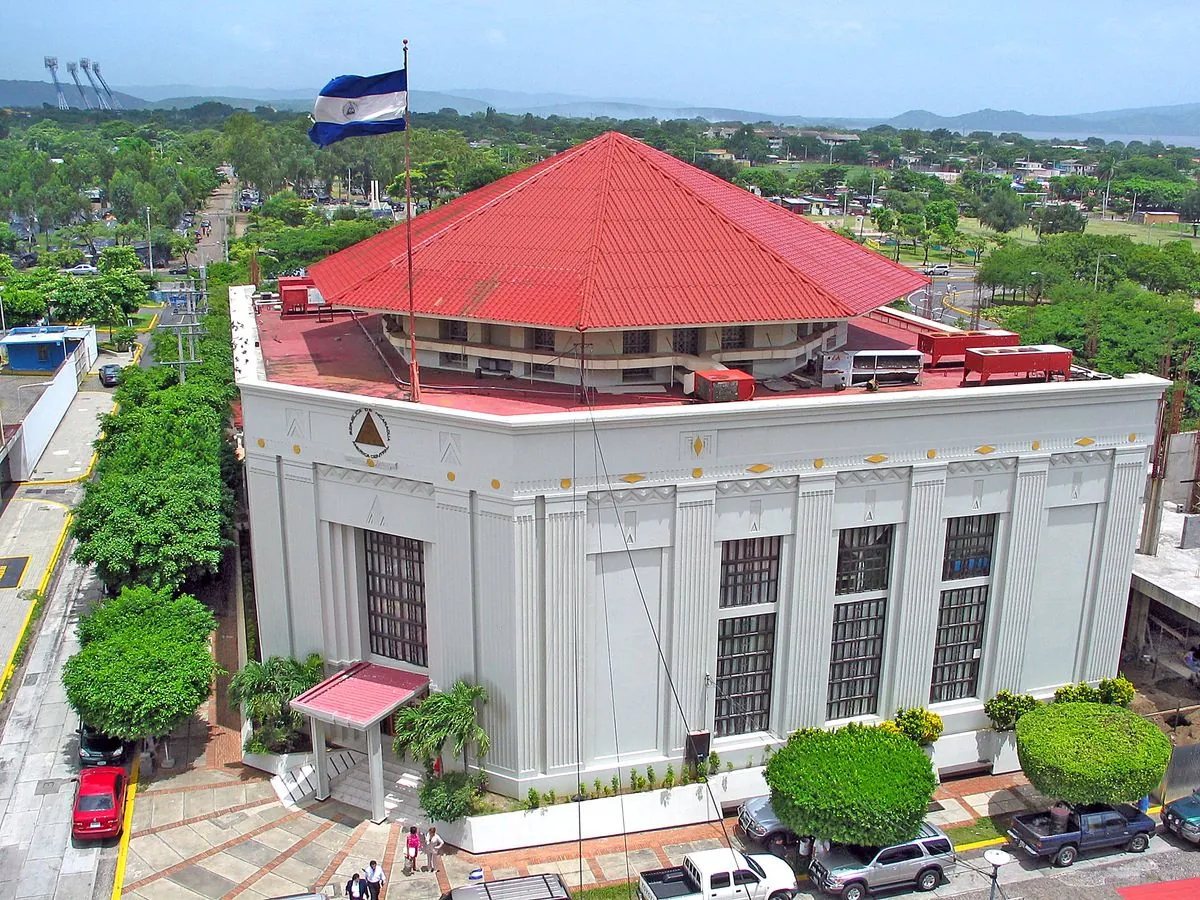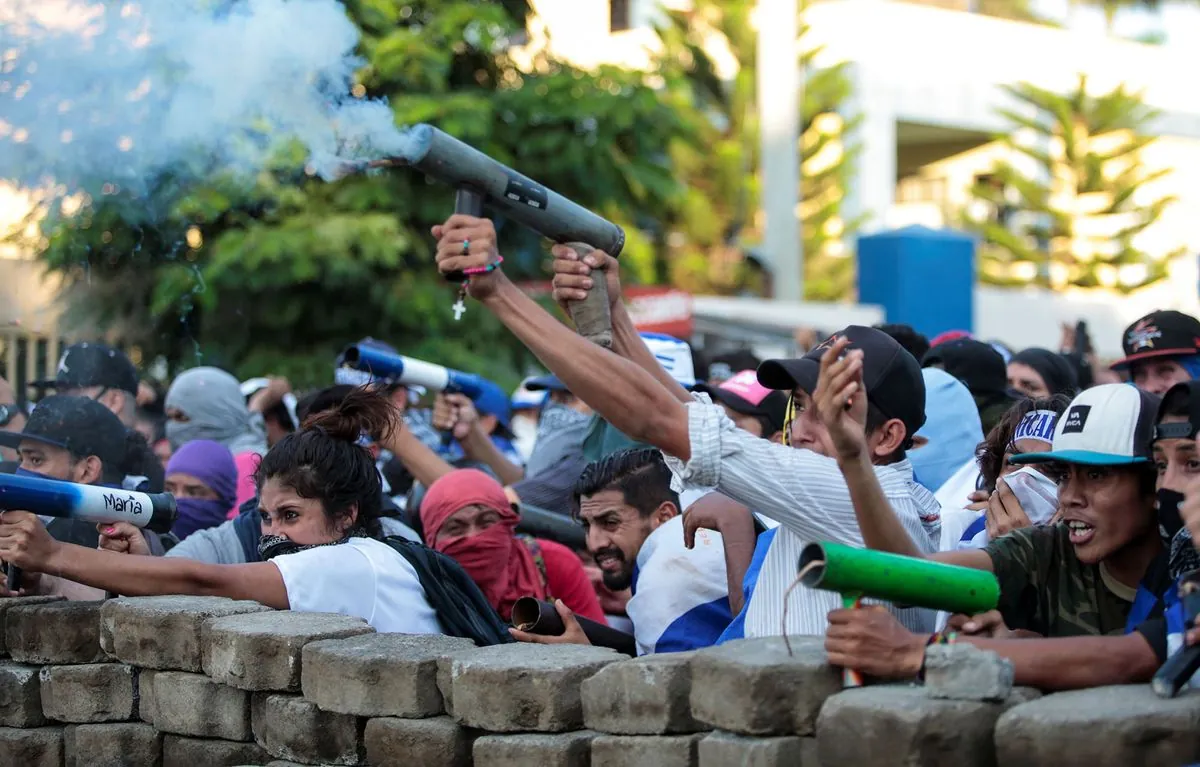Nicaragua Approves Controversial Laws Targeting Opposition
Nicaragua's National Assembly passes legislation allowing trials in absentia and asset seizure of opponents. UN expresses concern over increased repression and persecution of dissenters.

Nicaragua's Sandinista-controlled National Assembly has unanimously approved changes to the criminal code, allowing the government to try opponents in absentia and seize their assets. This move, occurring on September 3, 2024, has raised concerns among human rights advocates and international observers.
Daniel Ortega's administration, which has been in power since 2007, proposed these modifications. The changes provide a legal framework for practices that critics argue have already been occurring informally. Ortega, who first became president in 1985 and returned to power in 2007, has faced accusations of increasingly authoritarian rule.
The new legislation affects Nicaraguans who have fled or been forced into exile during Ortega's years-long campaign against critical voices. These individuals could now face fines, lengthy prison terms, and property confiscation. This development comes in the context of Nicaragua's complex political history, which includes the Sandinista National Liberation Front's founding in 1961 and the Nicaraguan Revolution that ended in 1990.
Uriel Pineda, a Nicaraguan lawyer exiled and stripped of his nationality in 2023, stated:
Supporters of the reform, such as Sandinista party lawmaker María Auxiliadora Martínez, argue that it strengthens the country's legal system by introducing new types of crimes. Fellow party member Edwin Castro added that it allows for asset seizures from both Nicaraguans and foreigners to "compensate society for the crime committed."

The United Nations High Commissioner for Human Rights Office has expressed concern over these developments. Spokesperson Thameen Al-Kheetan warned that the reforms "will only aggravate the situation" for thousands of exiled Nicaraguans and could be used to pressure and intimidate both exiled citizens and foreigners.
This legislative change follows a pattern of repression that intensified after massive protests in 2018, which Ortega labeled as a failed coup with international backing. Since then, over 5,000 organizations have been shuttered, many of them religious in nature. Last year, more than 300 opposition figures were exiled and stripped of their nationality.
Nicaragua, known as "the land of lakes and volcanoes," is the largest country in Central America by land area. With a population of approximately 6.7 million as of 2024, the country faces significant political challenges despite its rich natural resources, including Lake Nicaragua, the largest freshwater lake in Central America.
As a member of the United Nations and the Organization of American States, Nicaragua's actions have drawn international scrutiny. The country's evolving political situation continues to impact its growing tourism sector and overall economic development, even as it maintains a literacy rate of over 80%.


































